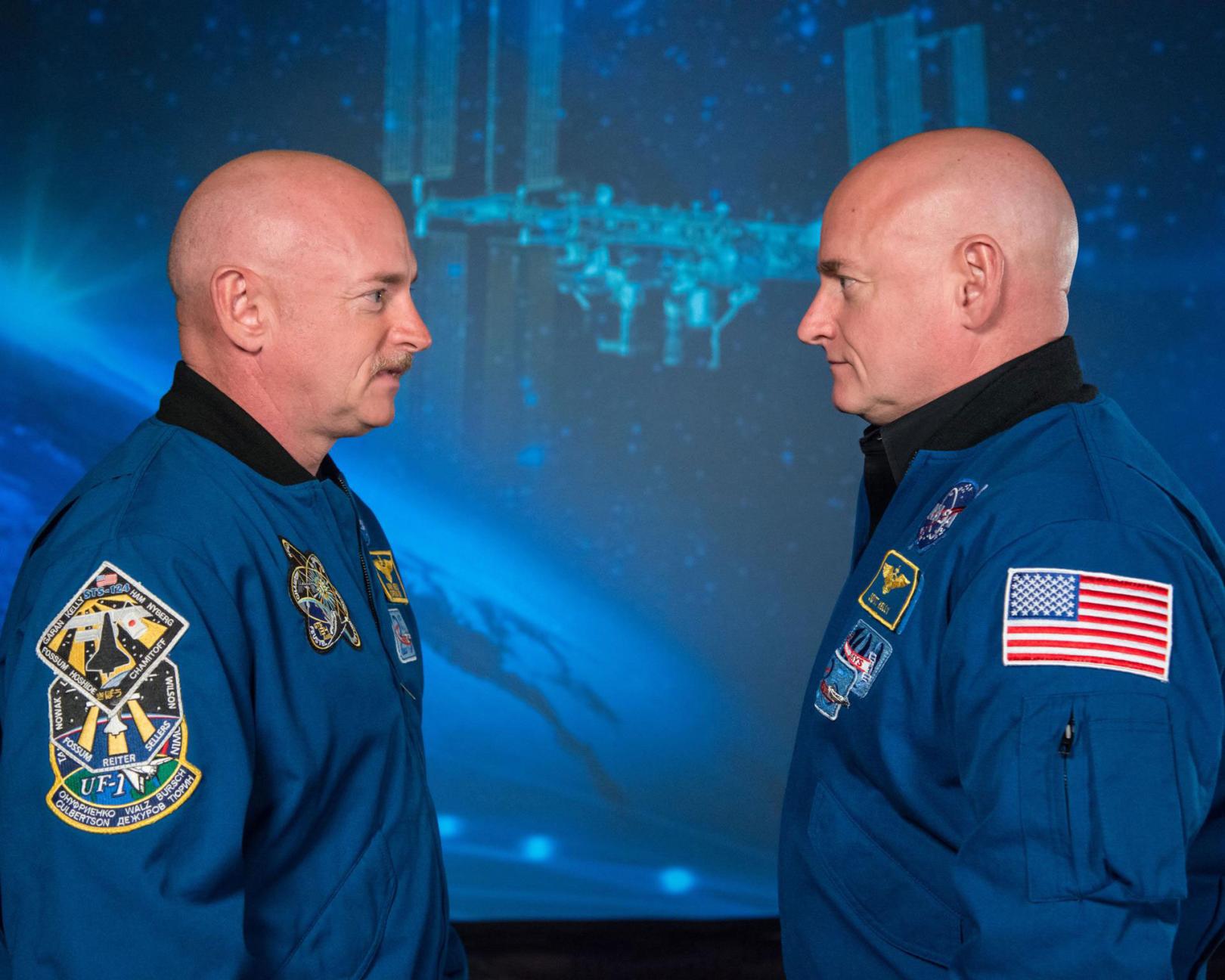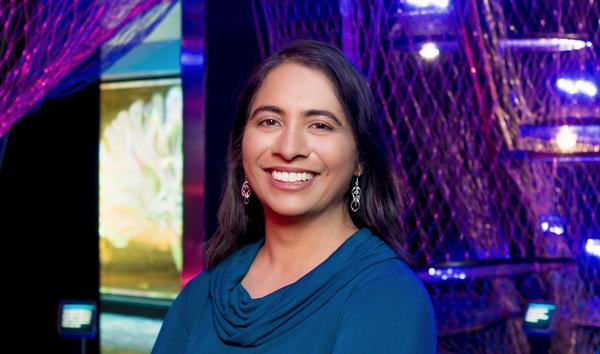
Date:
You might have seen the viral headlines recently declaring that, after a year in space, astronaut Scott Kelly’s genes were no longer the same as his identical twin Mark’s. Sounds like an exciting finding, right? Unfortunately, it took a few days for the real science to break through the noise.
It’s Not Just Space that Changes Your Gene Activity
The first wave of coverage didn’t explain accurately that the actual sequence of Scott’s DNA sequence remained essentially unchanged, but that 7% of his genes changed in how they were expressed. What does that mean? Everyone’s gene expression—that is, when, where, and to what extent each gene is active—changes based on our environment. The Kelly twins provided a great case study to investigate how space travel affects these normal variations. The observed shifts in Scott’s gene expression were, according to NASA, on par with the impact of other stressful conditions such as mountain climbing or SCUBA diving.
Scientists use the term epigenetics to describe the different ways in which the body adjusts gene expression without altering the actual DNA sequence. Common epigenetic mechanisms include chemical tags that attach to DNA at a particular location and physical changes to the tightly packed structure of DNA inside the cell. These modifications then increase or decrease access to genes by the cell’s activation machinery. Some of these changes can even be passed down from parent to child.
Epigenetic changes are at work in our bodies every day as we adapt to the environments we live in. Recently, in collaboration with the Departments of Biology and Geography and Urban Studies at Temple University, we’ve developed new programs about how these changes influence our health. Take heart disease, for instance—scientists think that environmental factors like diet and exposure to air pollution may increase risk of heart diseases through epigenetic mechanisms.
Whether you’re an astronaut in space or stuck here on Earth, the actual sequence of your DNA is just the starting blueprint for who you are. We may not be able to control all the social and environmental factors that affect the expression of our genes, but knowing a little bit about epigenetics can help us take better care of ourselves.


